Alice von Hildebrand was both intellectually uncompromising — and womanly
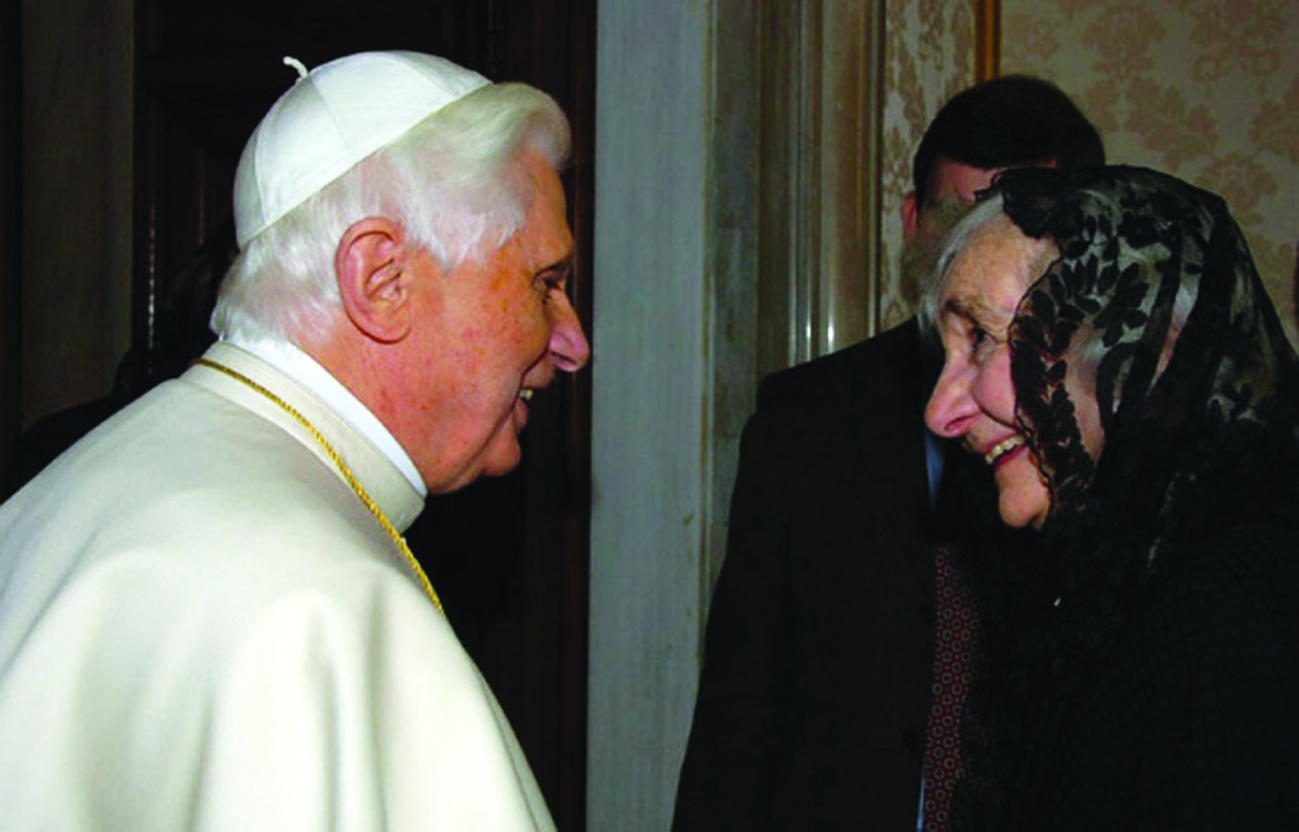
I was fortunate enough to have struck up an informal relationship with Alice von Hildebrand in the course of my duties as Assistant Editor of this journal. It consisted, in fact, almost exclusively of emails we traded back and forth; some of them commenting on the various issues facing the Church in the modern milieu, some of them of a more personal nature. I was drawn to her womanly sensitivity and sympathy, just as I was drawn to her uncompromising intellectual stance — her refusal to make peace with anything but the truth.
“Make peace” is an odd term for it, perhaps, but it comes to mind as the stance of most of our contemporary fellows: modern ideas, modern life itself, cause a constant warring within the self.
The war is between our human nature, what we fundamentally know “in our bones” to be true about ourselves as human persons — and what the world tells us is nature, that is, no nature at all — nothing “given,” nothing “received,” (certainly not “created”) — just our will and what we “want” and the freedom to do it, to have it.
No man can live in this tension without being profoundly affected by it; we all try, in one way or another, to “make peace” between our warring elements and ideas and impulses.
Most, I believe, live bifurcated intellectual lives, simultaneously holding contradictory ideas like “There is no objective right or wrong” and “Racism is always wrong” or “Selfless, sacrificial love is impossible” and “Selfless, sacrificial love is the only thing worth living for,” etc.
“Lily” von Hildebrand taught us to reject the warring of the inner factions, and to “make peace” only with what is good, and true, and beautiful in us, which, she went on to show, is the Divine reflection of the Good, the True and the Beautiful that is God Himself. She was a lover of God, yes, but a fierce lover of Man, as well, and longed to bring everyone she met to see and love the Lord and His ways as she did.
Her love for others was not only abstract, either, but personal. She would often inquire after my “dear husband” and my children, whom she had never met, with a sincere interest that was a mark of the “feminine genius,” sympathetic and supportive (among other qualities), that John Paul II spoke of.
Eventually, she did meet my husband and me; we stopped to call on her in her home in New Rochelle once as we were travelling through New York. She was delightful, warm and gracious, even in her state of advanced age and limited mobility. And she was anxious to show us photos and memorabilia of her long-deceased husband Dietrich; how tenderly she still loved him, 40 years after his death!
She was a joy in life, and will remain an inspiration, God willing, to generations in the future.
—Christina Deardurff
The Heart of Alice von Hildebrand
She accompanied us with tender love
Since Lily von Hildebrand’s passing, I have been sent back “into the caverns of memory,” as she would often say, as recollections of our nearly twenty years of close collaboration come back to me. We were, in some ways, an unlikely duo when we launched the Hildebrand Project in 2004: she, venerable, brilliant, and prolific, and I, just 25, untried, and in search of my life’s work.
I first discovered her unique genius around 1994 when I was 16. I had the tremendous privilege of being invited to her New Rochelle apartment for tête-à-tête, as she was fond of describing her conversations with friends. I remember feeling that I’d never before met someone with such charm, wisdom, and zest for life. For nearly twelve years, until she became homebound, we took innumerable trips together in service of the Hildebrand Project.
One of the most unforgettable was our journey to Rome in 2007. We had the tremendous privilege of meeting Pope Benedict XVI in private audience — a sign of the Holy Father’s deep regard not just for her late, great husband but also for herself. She was visibly moved to be meeting the vicar of Christ on earth. I was moved by her trembling heart, and this was a great gift to me, as through her eyes — I saw and felt — the awesome reality of Peter among us, more deeply than I could have on my own.
Even in her high nineties, she never lost the ability to be deeply moved by all that is good, true, and beautiful. She was uniquely invested in the lives of those she loved; sometimes I had the feeling she had greater joy in our joys and deeper sorrow at our sorrows than we ourselves. This is surely why so many of us opened our hearts to Lily. She received us as we were and accompanied us with tender love.
I never doubted that she would fulfill her pledge of prayers for me. This full engagement of her heart also gave her faith a unique and convincing power that will ever remain with me. Whatever doubts or difficulties she may have experienced, these could not compare with the depth of her faith in Jesus and His promises. The tombstone she now shares with her beloved husband Dietrich could not capture this more perfectly: “Lord, you know that I love you” (Jn 21:15).
—John Henry Crosby
Founder & President, Hildebrand Project

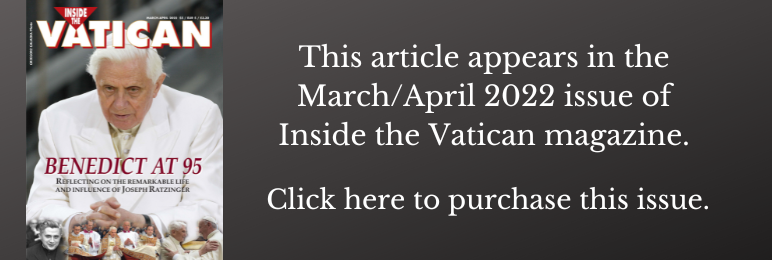
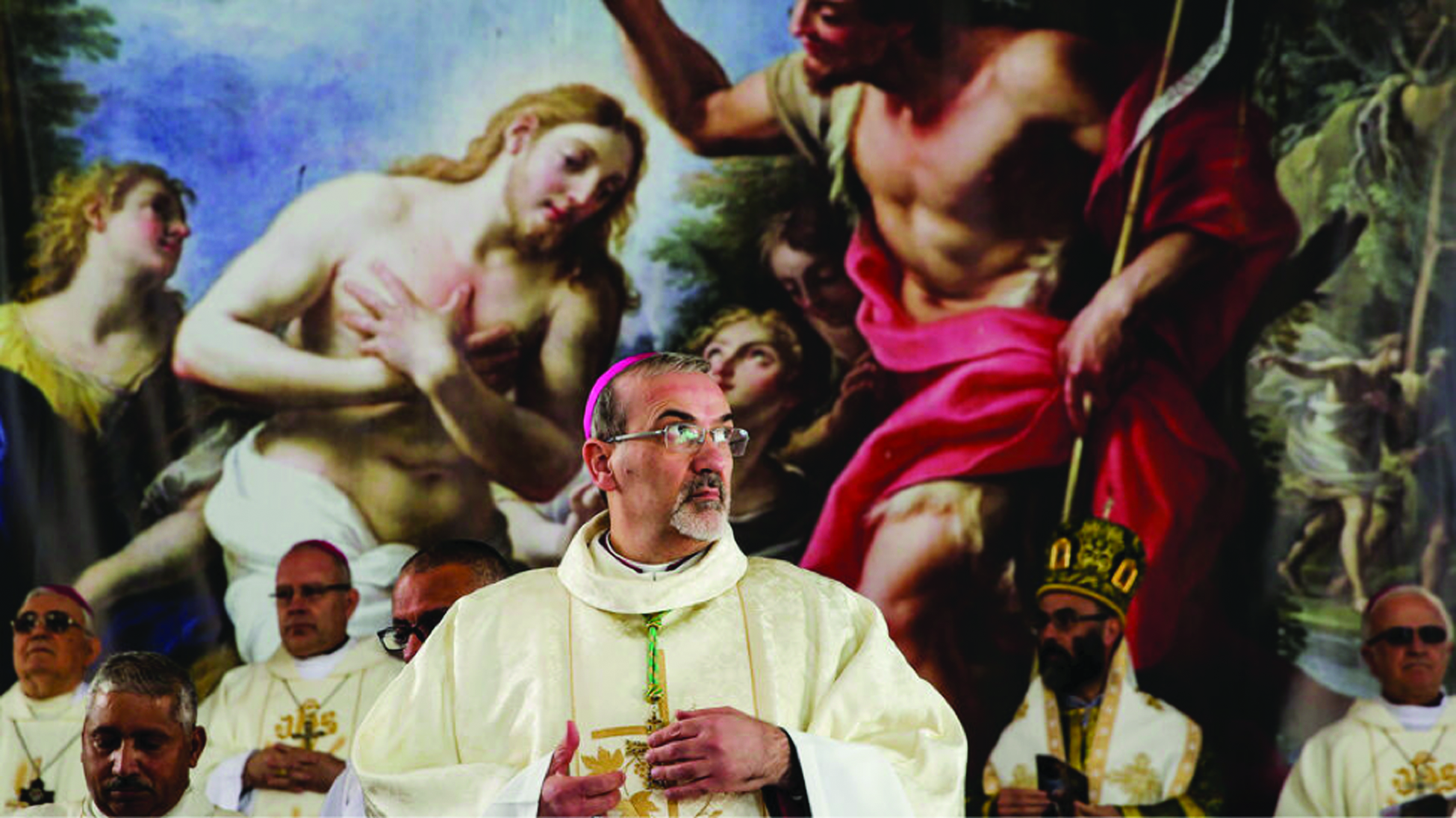
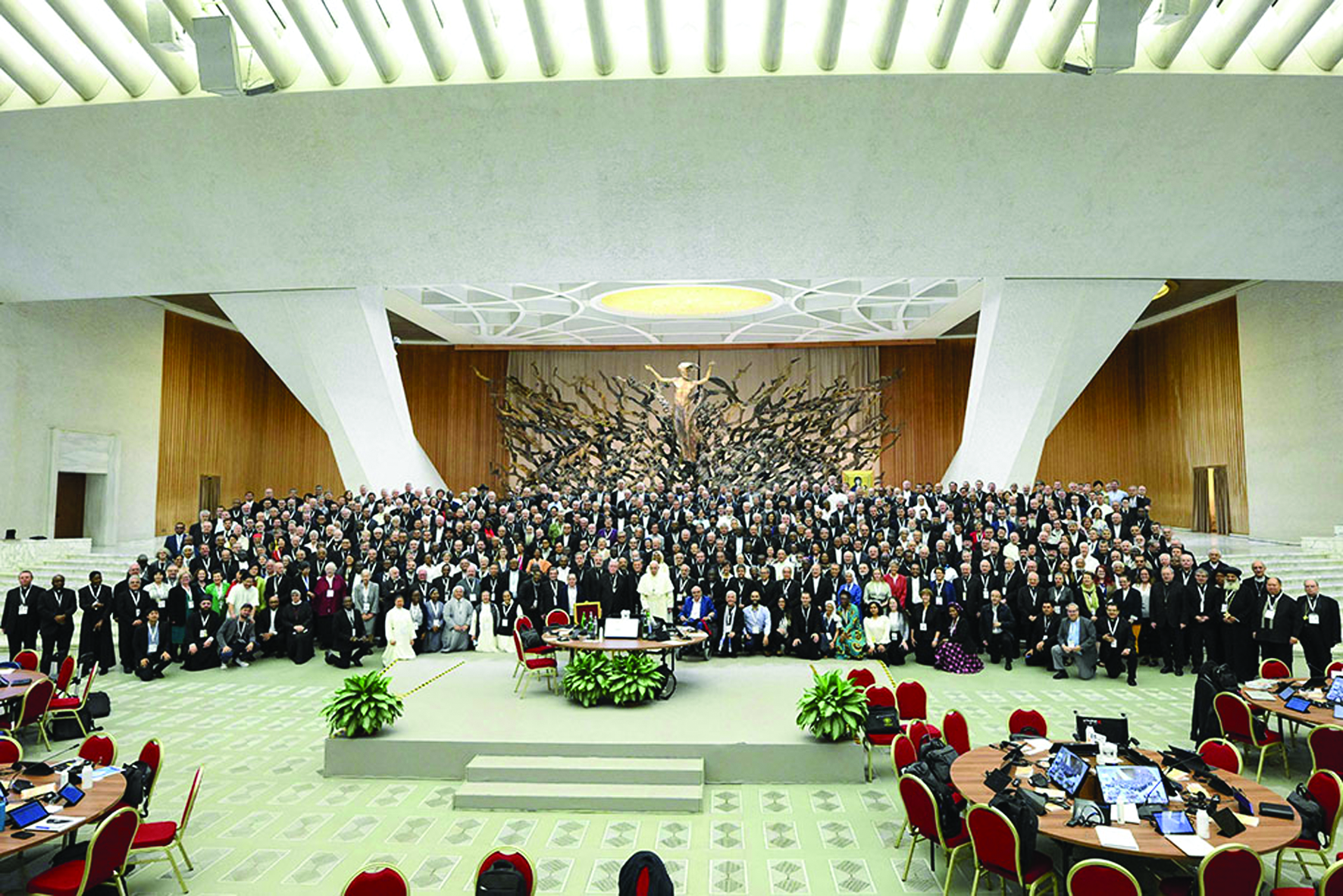
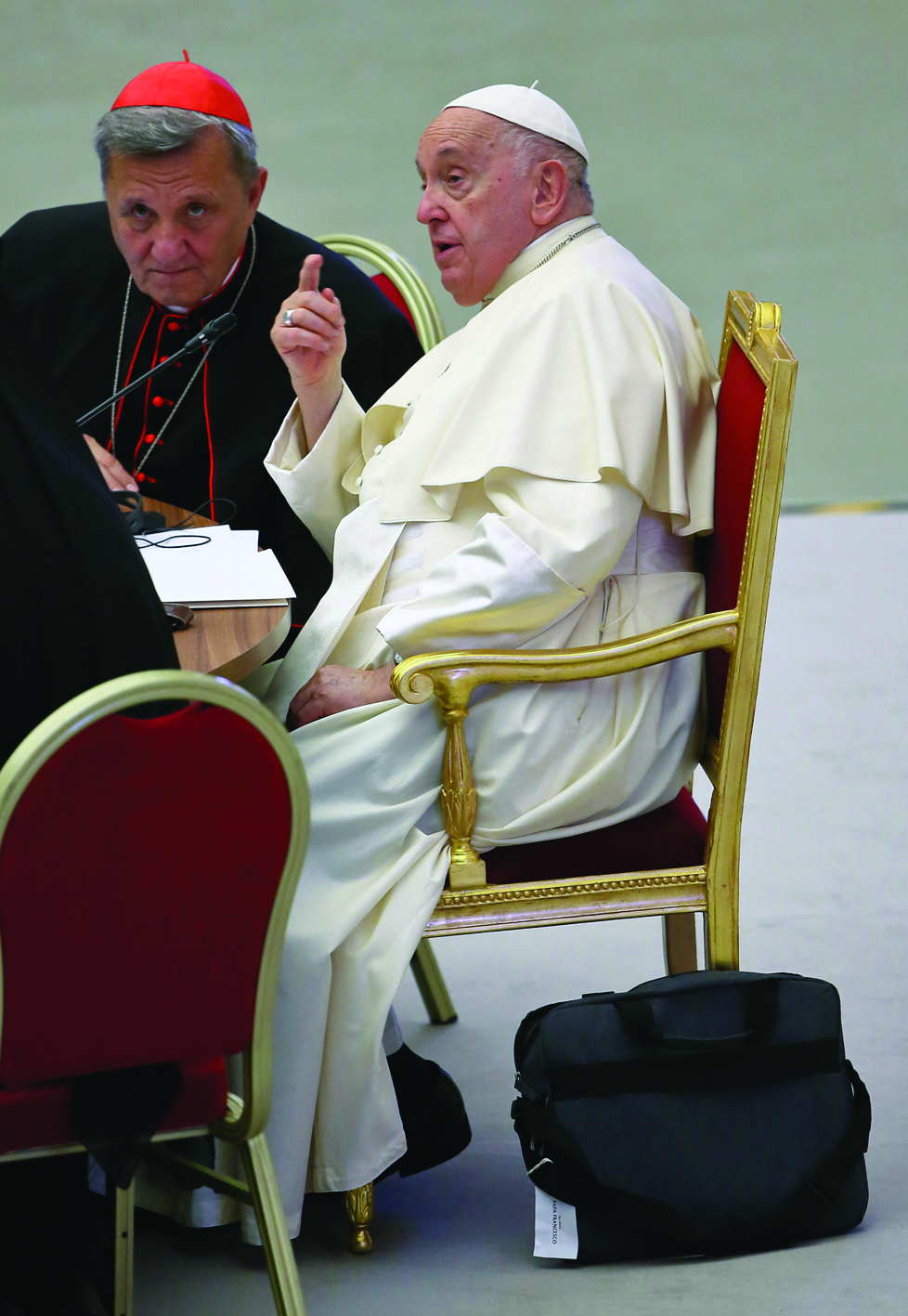
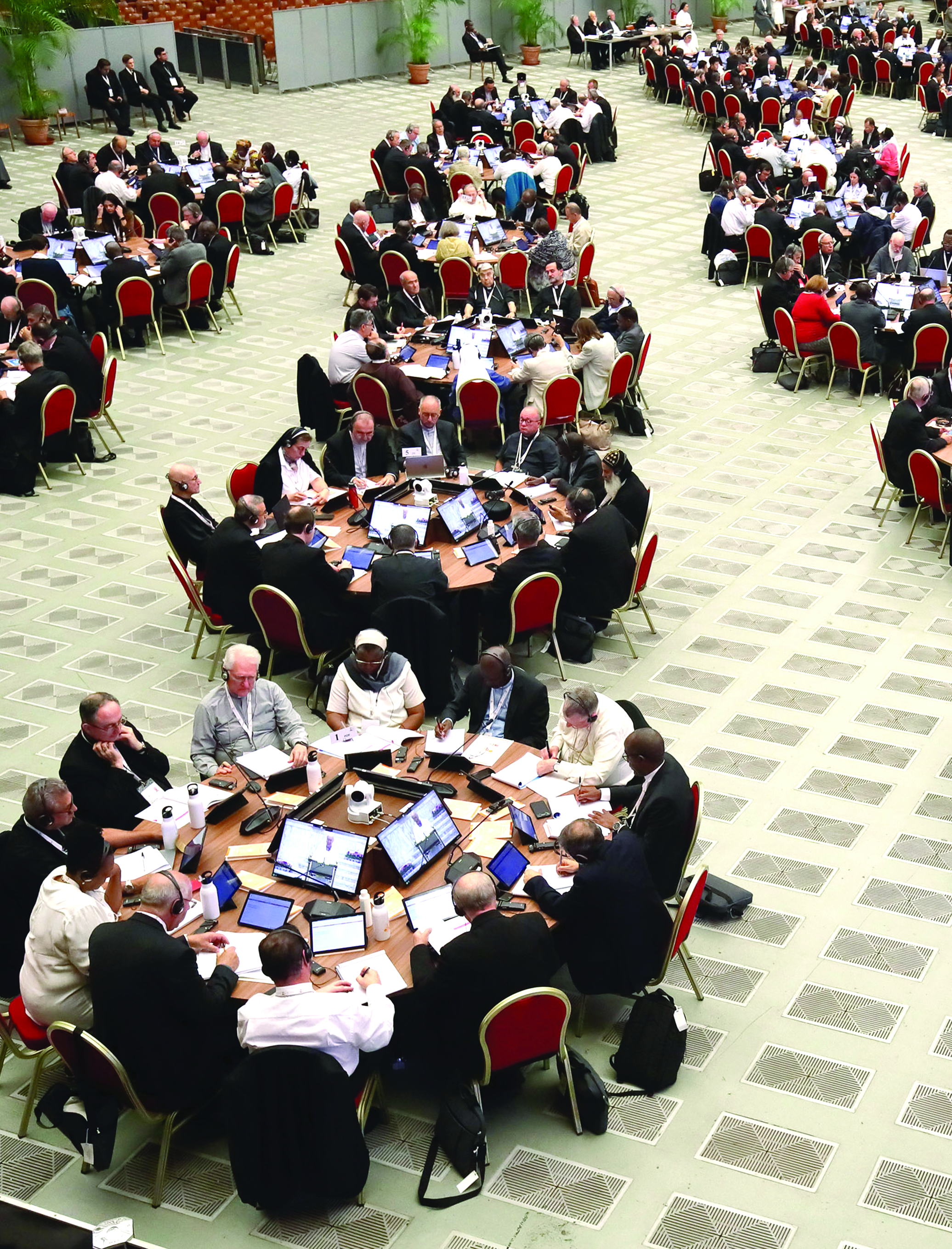
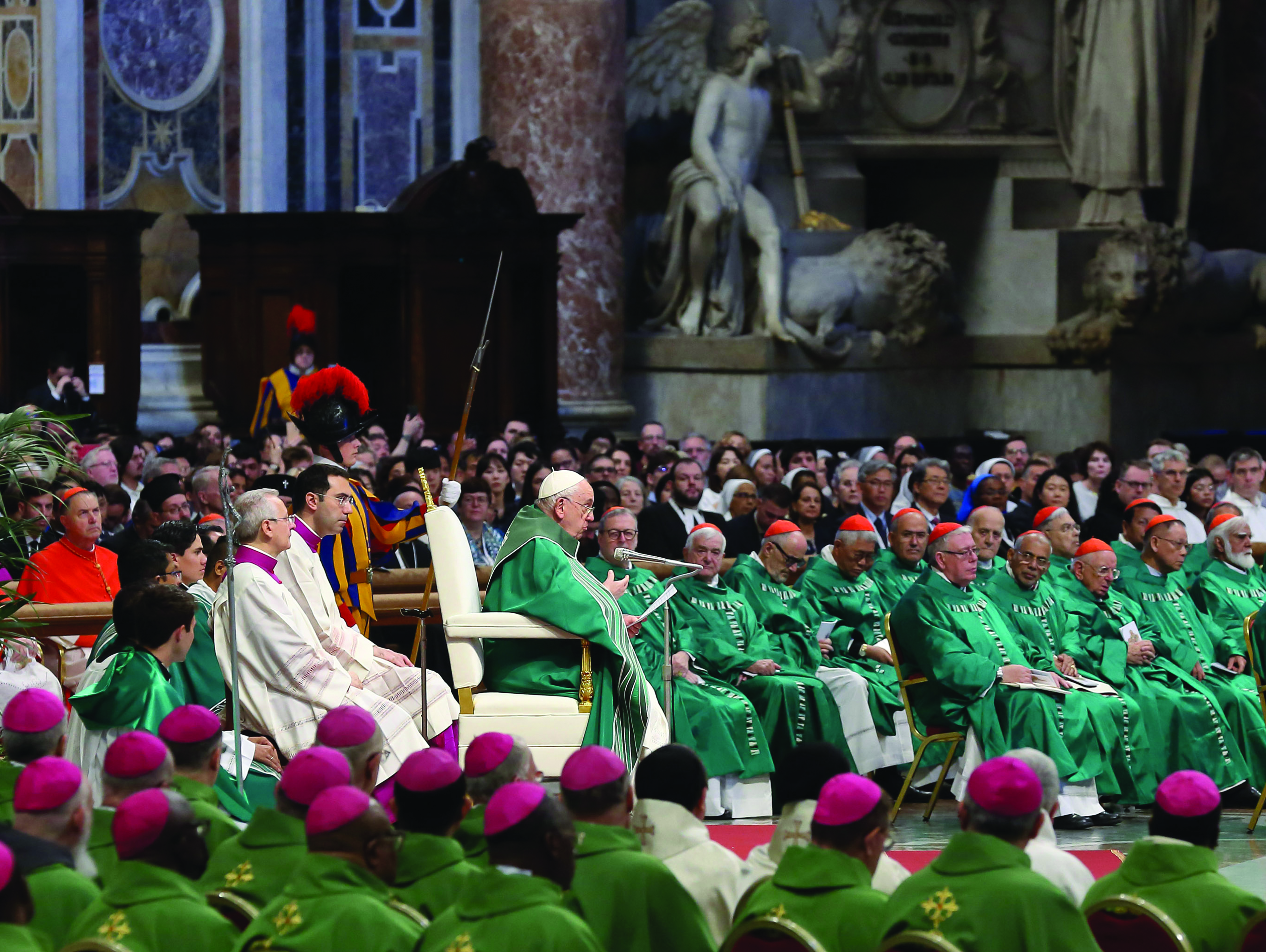
Facebook Comments